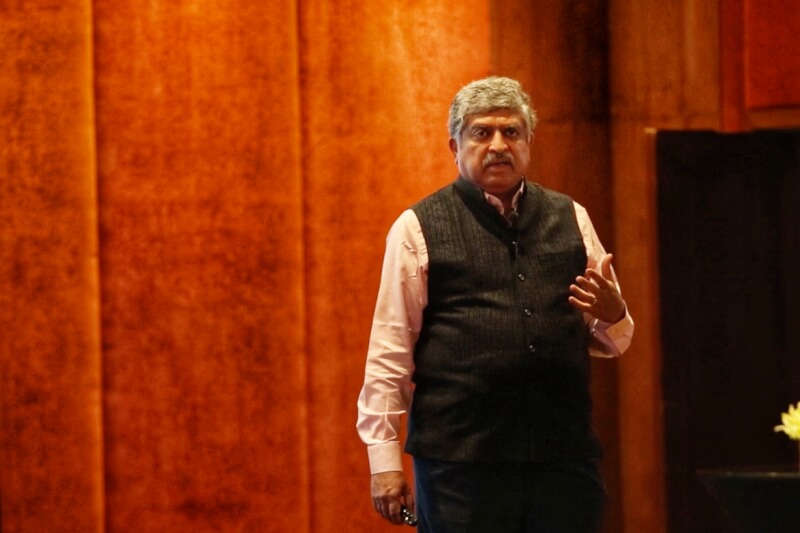2018 has been a significant year in our relationship with Data. Globally, the Cambridge Analytica incident made people realise that democracy itself can be vulnerable to data. Closer to home, we got a first glimpse at the draft bill for Privacy by the Justice Sri Krishna Committee.
The writing on the wall is obvious. We cannot continue the way we have. This is a problem at every level – Individuals need to be more careful with whom they share their data and data controllers need to show more transparency and responsibility in handling user data. But one cannot expect that we will just organically shift to a more responsible, transparent, privacy-protecting regime without the intervention of the state. The draft bill, if it becomes law, will be a great win as it finally prescribes meaningful penalties for transgressions by controllers.
But we must not forget that the flip side of the coin is that data can also help empower people. India has much more socio-economic diversity than other countries where a data protection law has been enacted. Our concerns are more than just limiting the exploitation of user data by data controllers. We must look at data as an opportunity and ask how can we help users generate wealth out of their own data. Thus we propose, that we should design an India-specific Data Protection & Empowerment Architecture (DEPA). Empowerment & Protection are neither opposite nor orthogonal but co-dependent activities. We must think of them together else we will miss the forest for the trees.
In my talk linked below which took place at IDFC Dialogues Goa, I expand more on these ideas. I also talk about the exciting new technology tools that actually help us realise a future where Data can empower.
I hope you take away something of value from the talk. The larger message though, is that it is still early days for the internet. We can participate in shaping its culture, maybe even lead the way, instead of being passive observers. The Indian approach is finding deep resonance globally, and many countries, developing as well as developed, are looking to us for inspiration on how to deal with their own data problem. But it is going to take a lot more collaboration and co-creation before we get there. I hope you will join us on this mission to create a Data Democracy.


